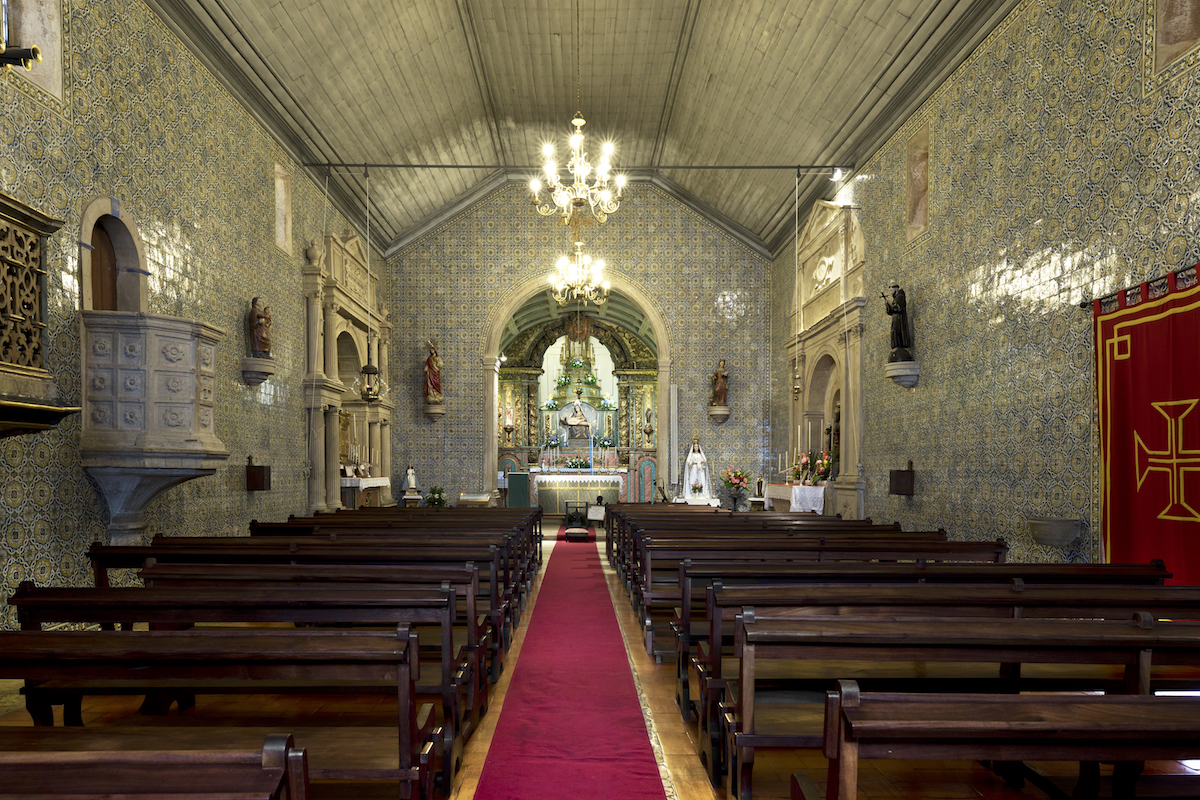RIO DE JANEIRO, BRAZIL – Religious institutions have used the debates around the tax reform to preserve and even extend the reach of these institutions’ tax benefits.
The first stage of the federal government’s tax reform project, which replaces PIS and Cofins taxes with a new CBS (Contribution on Goods and Services), for example, maintains the benefit for the churches. Temples, currently immune from the PIS/COFINS (Program of Social Integration/Contribution for the Financing of Social Security), will also not be required to pay the CBS.
The Federal Constitution guarantees tax immunity to temples from any denomination, thus prohibiting the collection of taxes.

In the case of taxes and contributions, such as the CBS, the benefit must be guaranteed by law. The immunity, according to the constitutional text, should be restricted to taxes on “the assets, income, and services related to the essential purposes of institutions”. However, the interpretation of this article is now the target of several judicial disputes.
Some temples have also been fined by the Federal Treasury, which has found irregularities in the use of this benefit. The tax authorities have no estimate of how much is left to be collected as a result of this constitutional provision.
Immunity for temples is not only a feature of Brazilian law (some countries even charge taxes on behalf of churches) as it aims to ensure that public authorities do not place restrictions, through taxes, on the exercise of religious activity.
The same constitutional article that guarantees immunity to temples also lists political parties, labor unions, books, newspapers, and non-profit education and social assistance institutions among the beneficiaries.
In interpreting this article, the STF (Federal Supreme Court) has been stressing the need for temples’ income, if it is not to be taxed, to be used exclusively for the religious purposes of these institutions.
However, in general, the Court has had an interpretation considered by experts to be favorable to such institutions.
The Supreme Court has allowed IPTU (Property and Urban Territorial Tax) immunity to be extended to property rented to third parties. Moreover, the ISS (tax on services) is not charged on income from parking on the grounds of these temples.
“Since society has dissociated state and religion, mainly in Western countries, the form found in return is that religious institutions would not be harmed by the state in the form of tax collection,” says Osmar Simões, partner of Chediak Attorneys.
“But there are a number of practices stemming from this religious activity that create doubts, such as the operation of parking lots, and renting real estate to third parties,” he says.
Within the Treasury, there is a dispute around the CSLL (Social Contribution on Net Profit), which is levied on the same basis as the IRPJ (Corporate Income Tax), i.e., these institutions’ profits. Religious institutions may have profits, but these results must be reinvested in their activities and may not be distributed.
“According to the Treasury, a number of religious institutions were resorting to certain means, such as loan contracts with employees, religious leaders, in an attempt to covertly distribute profits,” says Ariel Möller of Fux Attorneys.
Several temples also are accused of concealing their profits in order to reduce the payment of the CSLL (Social Contribution on Net Profits), through overpriced contracts with churchgoers and religious leaders, according to the attorney.
Möller states that some suggestions linked to the Chamber and Senate’s tax reform bills, which amend the Constitution, are aimed at bypassing the limitations imposed by the STF.
“There was a step to benefit from the tax reform, under the pretext of making the scope of immunity clearer, so that it could be fully achieved, with no requirement or restriction, as the STF has been enforcing with respect to the allocation of income generated by other activities so that it could be expanded,” says Möller.
Thiago Sorrentino, professor of tax law at Ibmec/DF, states that religious leaders, as individuals, are subject to standard taxation. Hence the practice, in some cases, of keeping resources in the name of temples.
“What sometimes happens, so that taxation does not occur, is to keep the property and income concentrated in the legal entity, which works as a type of vehicle for the individual to use these assets. Whose car is it, whose mansion is it? It belongs to the religious institution,” he says.
“It’s bordering on fraud, but it’s very difficult to prove that the limousine or the jet is registered to the legal entity solely for this protection,” he says.
Temples have also featured among the great Social Security debtors. The reason for this is that many are linked to non-profit social welfare organizations. Temples themselves are immune from the payment of contributions, but must withhold and collect social security taxes on all payments they make to individuals.
The Federal Treasury has been called upon by President Jair Bolsonaro to analyze claims by religious leaders, who want a solution to stop paying debts to the federal government.
In the Treasury alone, the total outstanding debts of religious institutions amounts to some R$1 billion (US$200 million). At the PGFN (Federal Treasury Prosecutor General’s Office), another R$462 million in debt is accrued.
A 2015 legislative proposal would end the constitutional tax immunity of religious institutions. The text has been on hold since April last year in a Senate committee.
Source: Folhapress

